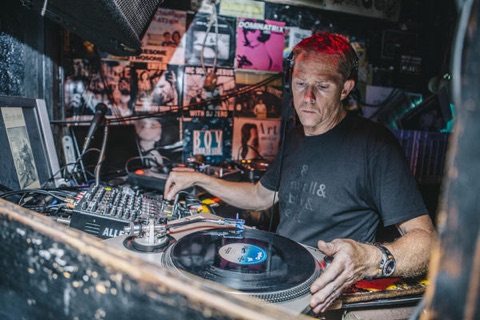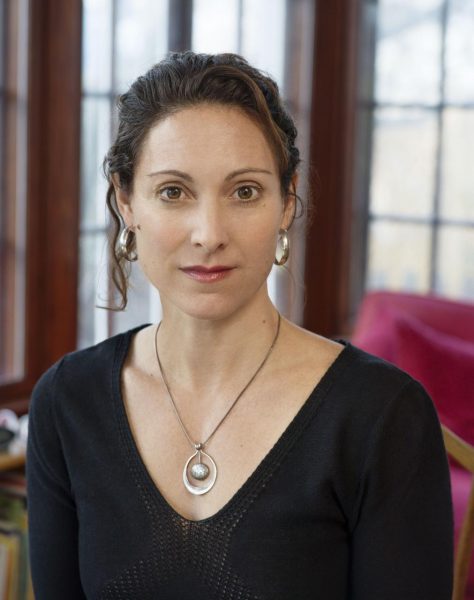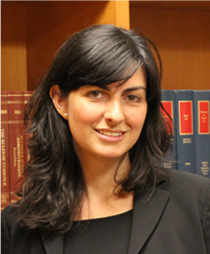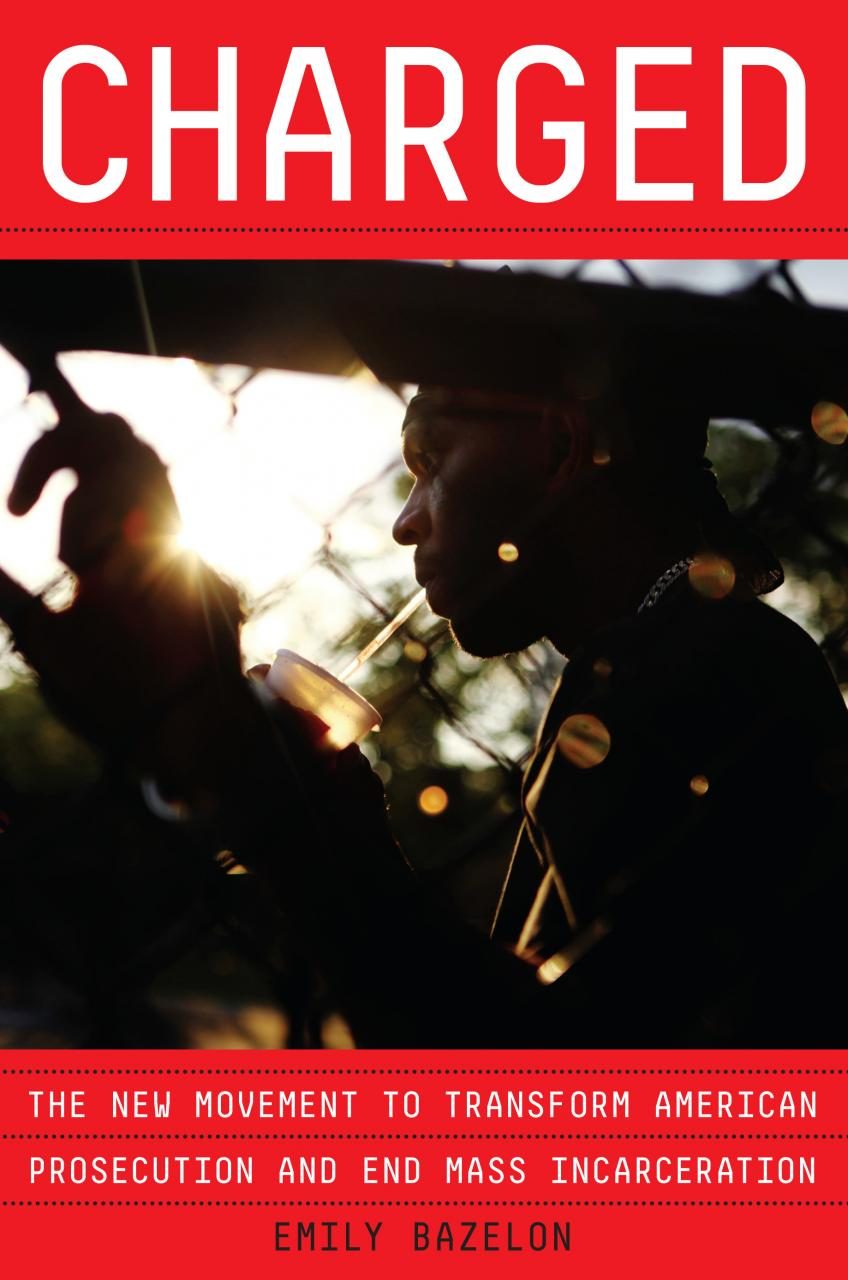Emily Bazelon
Staff Writer at The New York Times Magazine, Truman Capote fellow for Creative Writing and Law and Lecturer at Yale Law School
Charged: The New Movement to Transform American Prosecution and End Mass Incarceration
Faith in the American criminal justice system has long been contingent on the idea that there is a fair contest between two equal adversaries, the prosecution and the defense. But this system has lost its equilibrium, and with it, its power to protect the innocent. Prosecutors today enjoy unprecedented power in the courtroom. Much of the time, it is prosecutors more than judges who control the outcome of a case. They answer to almost no one and make most of the key decisions, from choosing the charge to setting bail to determining the plea bargain. They often decide who goes free and who goes to prison, even who lives and who dies.
The system wasn’t designed for this kind of unchecked power, and in Charged: The New Movement to Transform American Prosecution and End Mass Incarceration, Emily Bazelon reveals how it is the underreported cause of enormous injustice—and the missing piece in the mass incarceration puzzle. Ms. Bazelon shows how prosecution in America is at a crossroads and details both the damage prosecutors can do and the second chances they can extend if they choose to. She follows a wave of reform-minded D.A.s, elected in some of our biggest cities as well as in rural areas in every region of the country, who are determined to improve the system.
Ms. Bazelon will be interviewed by Maria Hawilo, JD, Distinguished Professor in Residence, Loyola University Chicago School of Law. Prof. Hawilo formerly served as Clinical Assistant Professor of Law in the Bluhm Legal Clinic at Northwestern Pritzker School of Law. Since becoming a lawyer in 2003, she has defended indigent clients in various state and federal systems facing serious criminal charges, and extensive prison sentences, up to and including lifetime imprisonment. Ms. Hawilo is a noted trial and appellate advocate, having successfully represented and litigated complex cases. Her teaching and research interests focus on the juvenile justice system, and its vast overreach and disparate impact on African-American and Latinx youth. She received a BS in biopsychology and neuroscience, cum laude, from the University of Michigan, and a J.D., magna cum laude, from the University of Michigan Law School.
Upcoming Events
Year of the Monkey: An Evening with Patti Smith
Patti Smith
Writer, performer, and visual artist
Evanston Township High School Auditorium
Live streaming video of this event will be available, beginning at 7:00 PM, on the ETHS Wildkits YouTube Live Stream channel.
Special thanks to DJ Jeff Pazen for pre- and post-event music!

The Power of Human: How Our Shared Humanity Can Help Us Create a Better World
Adam Waytz, Ph.D.
Associate Professor of Management and Organizations at Northwestern University’s Kellogg School of Management.
North Shore Country Day School Auditorium
The Great Juggling Act: Balancing Life as a Parent
Julie Morgenstern
Time-management and productivity specialist, and author of Organizing from the Inside Out, Never Check Email in the Morning, SHED Your Stuff, Change Your Life, and the brand-new Time to Parent: Organizing Your Life to Bring Out the Best in Your Child and You
New Trier High School, Northfield Campus, Cornog Auditorium




